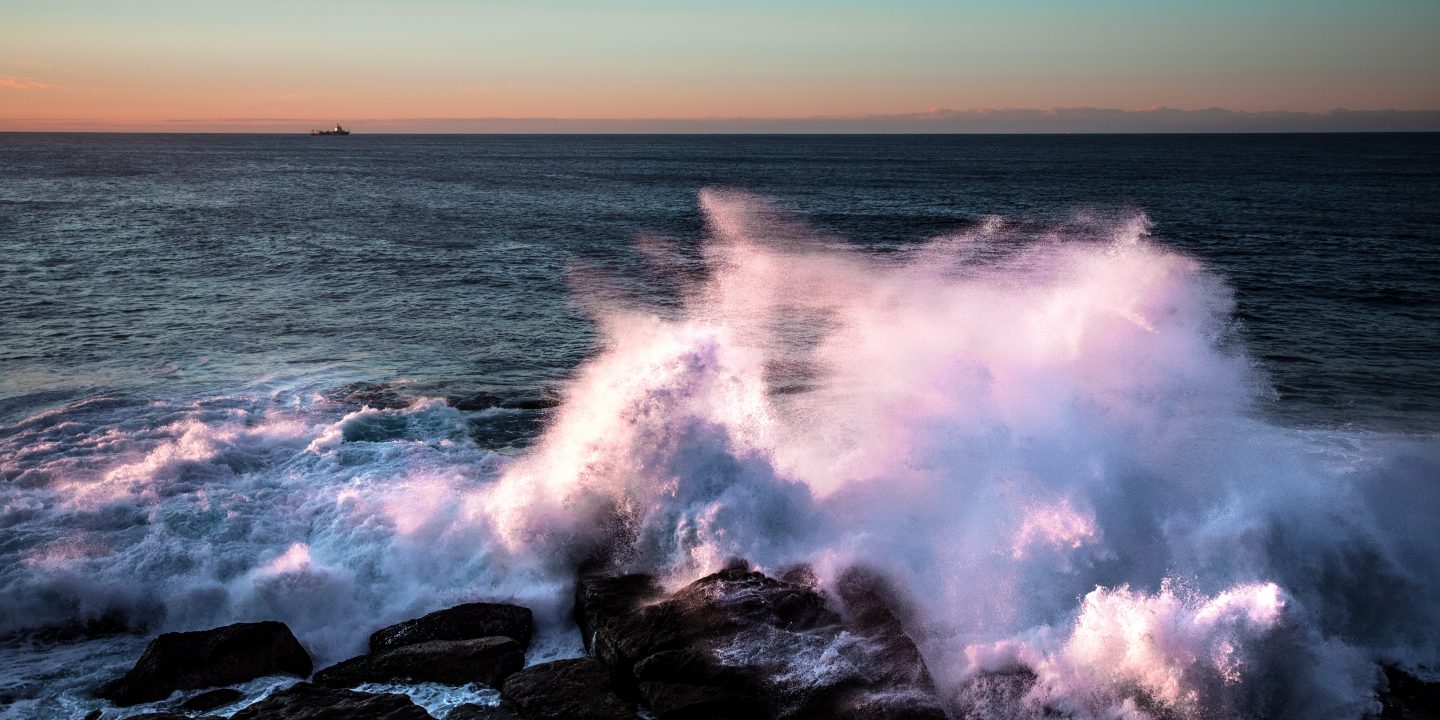With the world battling the coronavirus pandemic, everyone’s first thoughts are for their families and loved ones. I hope all readers are staying safe in these challenging times.
The crisis is also having an impact on something else that we all care about—the ocean.
Momentum slowed
In the run up to 2020, there were great hopes that the “ocean super year” of global conferences on climate change, ocean sustainability and marine biodiversity would put pressure on governments to ramp up action on these challenges, creating opportunities for business. But with coronavirus causing many of these critical events to be postponed or cancelled, we have to accept that efforts to build this momentum have slowed for the time being.
Tackling coronavirus quickly and effectively is the best way to get the ocean super year back on track. But there are also lessons we can learn from this crisis which we can apply to ocean sustainability.
Staying positive
One is the importance of staying positive. The ocean offers a range of solutions to environmental and social challenges, as recent content on the World Ocean Initiative website shows. The latest film in The Protectors series is the inspiring story of a scientist tackling the problem of marine noise pollution. We also look at how aquaculture companies are developing more sustainable types of feed using insects, algae and biotechnology.
Another is the importance of technology, which is enabling many of us to work from home and communicate with friends, family and colleagues. Technology can also help us deal with the challenges of illegal fishing, supply chain management and designing more sustainable products. Our World Ocean Tech and Innovation Summit in Halifax, Canada, in October will explore these topics in-depth.
A final lesson is the ability to act. Government efforts to tackle coronavirus have shown what can be achieved in the face of a global emergency. Let us hope we can draw on that same sense of urgency, common resolve and coordinated action in responding to the threats to our natural world.
More posts on the ocean economy:
- Moderating a keynote and panel discussion at Oceanology International
- Moderating several sessions at the World Ocean Summit in Montréal
- Ocean Observation is Financial Infrastructure
- Blue Finance for Urban Coastal Resilience: From Narrative to Structure
- Speaking about blue financing for urban coastal resilience at Mumbai Climate Week

